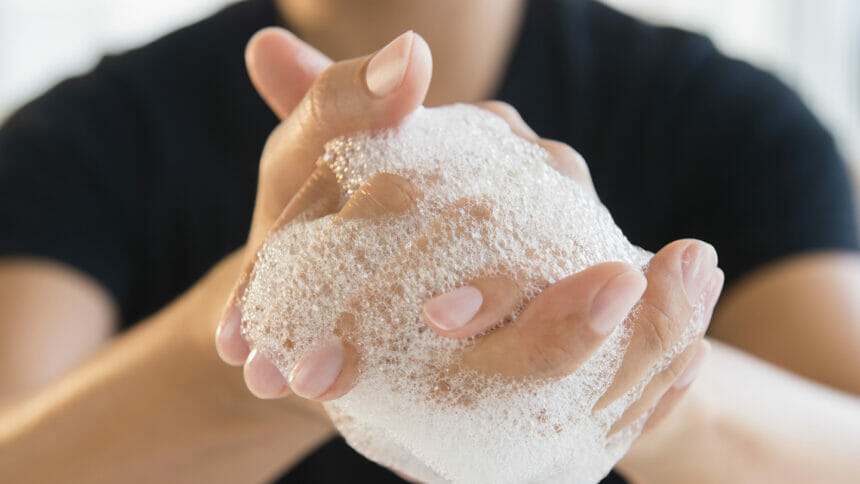
A new study found that using the antiseptic chlorhexidine and nasal iodine solution on nursing home residents worked to lower the risk of residents being transferred to hospitals for infection better compared to routine bathing care.
Nursing home residents are at an increased risk for infection, hospitalization and colonization with multidrug-resistant organisms. Finding effective agents is key to keeping them protected. Researchers conducted a cluster-randomized trial of universal decolonization with the agents, comparing the outcome to routine-care bathing.
Data came from an 18-month-long baseline period and then an 18-month span when the staff used the decolonization intervention. Decolonization involved using chlorhexidine for all routine bathing and showering. The researchers evaluated data from 28 nursing homes in Los Angeles and Orange counties in California spanning 28,956 residents.
The residents took nasal povidone–iodine twice daily for the first five days after admission and then twice a day for five days every other week. The researchers looked at how many of the residents were then transferred to the hospital for infections, as well as being transferred to the hospital for any reason.
Of people moved to a hospital who received routine care, 62.2% (the mean across all of the nursing homes) developed infections during the baseline period and 62.6% acquired infections during the intervention period. In the intervention group, 62.9% got infections during the baseline period while 52.2% got infections during the time of the intervention.
Among the people sent to the hospital in the routine care group, 36.6% were transferred to a hospital for any reason during the baseline period and 39.2% went during the intervention period. In the intervention group, 35.5% went to a hospital due to any cause during the baseline period, while 32.4% went for any reason during the intervention period.
The study was published Thursday in The New England Journal of Medicine.



